On January 22, 2015 at Chatham House, London, Sambo Dasuki, former national security adviser (NSA), baited the whirlwind. He said he had suggested to Attahiru Jega, chairman of the Independent National Electoral Commission (INEC), to postpone the general election scheduled for February 14 by six weeks – which is within the constitutional 90-day election window – to give more time for voter-card distribution.
“It costs you nothing, it’s still within the law,” Dasuki was reported to have told the INEC chairman.
Being a spy chief, Dasuki secreted the underlying reason for his startling suggestion away in election contingencies. But the raison d’être for his proposition was the Boko Haram snag. The insurgents had scaled up their pursuit of tragedies months before the scheduled date of the election. In fact, the Chibok schoolgirls’ abduction happened just 10 months before the time.
Eventually, the concealed agenda seeped into the news — the Armageddon; the six-week battle to miniaturise Boko Haram. There was hysteria of pessimism. How can a government which has failed to trim the large coats of the insurgents over the years bring the group to capitulation in six weeks? It was doubtful. But there was an outlier. Gladiators from South Africa and Eastern Europe were being thrown into the arena.
Advertisement
Dasuki had said at Chatham House that “cowards” peopled the rank and file of the military and dismissed the claim that there was a hierarchical conspiracy to keep the insurgency alive.
“We have people who use every excuse in this world not to fight. There is no high-level conspiracy within the army not to end the insurgency,” he said.
And truly, Boko Haram sustained the most lethal blow ever in those six weeks. They were pummelled and expelled from their “terrodoms”. They subsequently tumbled into the fringes and territories outside Nigeria. The six-week operation could have been the defining surgery on the malignant cancer, if the Buhari administration which inherited this success was responsible.
Advertisement
In 2015, elections were held in Borno, Yobe, Adamawa and other areas hitherto dominated by the insurgents owing to the effective war campaign driven largely by the mercenaries. There was scarcely any report of attacks during the election. In fact, President Buhari secured some of the highest votes in these troubled states.
The 2015 election has been widely described as peaceful, free, fair and credible. The Buhari administration was the biggest beneficiary of that successful operation. But what did the APC and Lai Mohammed, its spokesman, say at the time when shifting the election was contemplated?
Hear Lai: “Why are they not ready? Why should we postpone? We say ‘no’ to postponement. They know that if they don’t postpone they can’t win. They are just terrified.”
The lies of a liar will always find him out.
Advertisement
Tukur Buratai, chief of army staff, and other service chiefs were appointed at the time the tide of insurgency was receding. Perhaps, lost in the reverie of the success against Boko Haram, Buratai boasted that the army was capable of interring the group finitum and had no need for external support. The same army chief is now saying the insurgency will live with us for 20 years.
The mercenaries who had secured the most evident success against the insurgents were “clamped down” on and ‘’expelled’’ like aliens by the Buhari administration.
Eeben Barlow, founder of Specialised Tasks, Training, Equipment and Protection (STTEP) which recruited the foreign fighters that secured the gains, ululated about how they were abysmally treated by the Buhari administration.
In a Facebook post in August 2019, he alleged that the Buhari government politicised their effort and ignored all intelligence warnings by his team. He also alleged the government repudiated their strategy to take down Boko Haram.
Advertisement
Barlow said: “The initial 3-phase campaign strategy (known as ‘Operational Anvil’) to degrade and destroy BH in Borno state, was rejected by his (Buhari) advisors.’’
And speaking on the terror alerts, he said: “These warnings covered the implications of not allowing the 72 MSF to annihilate BH in Borno province; the plans by Boko Haram to re-arm and escalate their activities; the implications of regional spill-over, the impact on the armed forces; and so forth.”
Advertisement
Alas! Five years after the fiercest blitz on the insurgents, we are back in the days of the freewheeling of terror — when insurgents can massacre as much as 78 people without any resistance and when bandits extract tax and tolls from citizens to allow them access to their farms. We are back in the night of doom. Governors of the north-east are now calling for the enlisting of mercenaries to deal with the jagged threat.
There is no shame in seeking external help to deal with a threat like Boko Haram. In fact, it is a viable strategy to enlist specialised agents to deal with certain threats. But the undoing of the Buhari government is its insincerity and hollow ego. The government bragged that it “technically defeated” the insurgents by sleight of hand only to be caught up in a web of its own lies and perfidy.
Advertisement
The lies of a liar will always find him out.
It is asinine to send soldiers in droves to die when there is an option of drafting agents that can push back the violators. Again, there is no shame in engaging mercenaries against Boko Haram; even the US and Israel deal with terror by engaging external agents on certain missions. It is a standard practice. It does not make our military less powerful.
Advertisement
But the trouble with the Buhari regime is the lies, deceit and vacuous ego. I hope the government has learnt its lessons. Messing with mercenaries can cost lives.
Fredrick Nwabufo is a writer and journalist
Twitter @FredrickNwabufo
1 comments

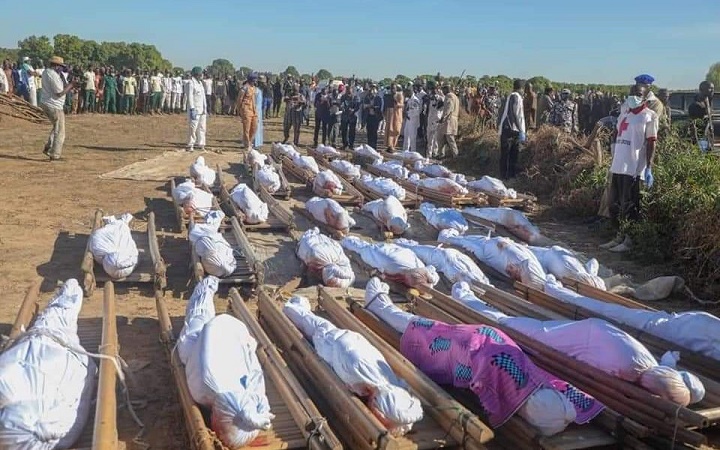
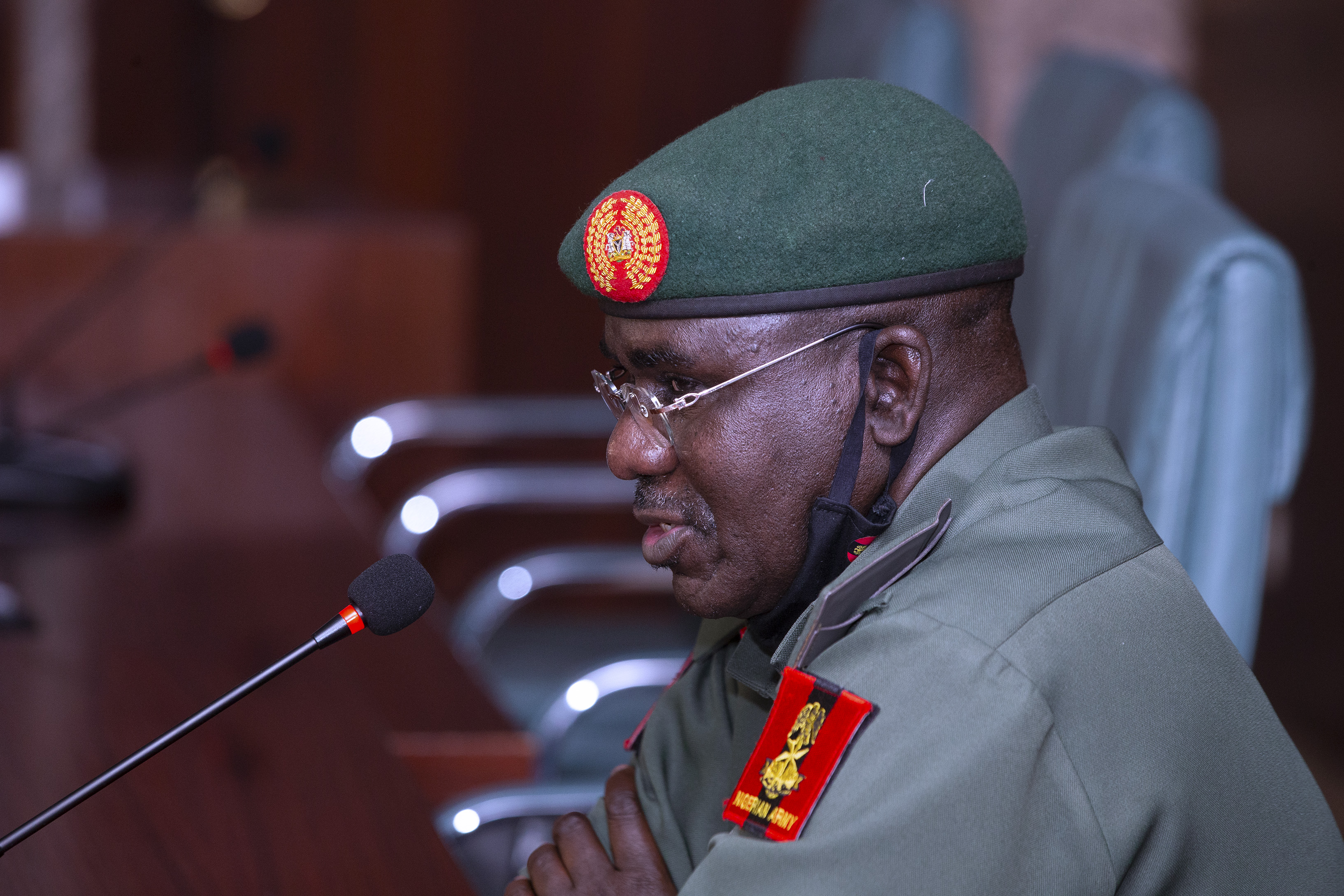
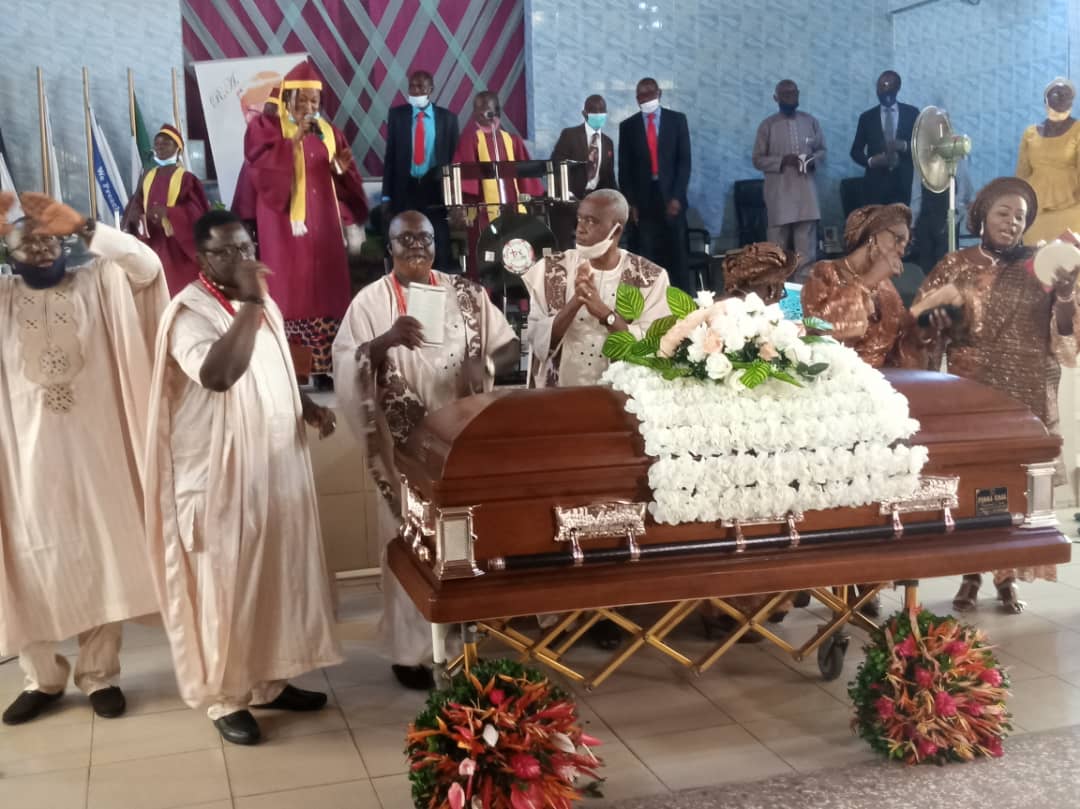
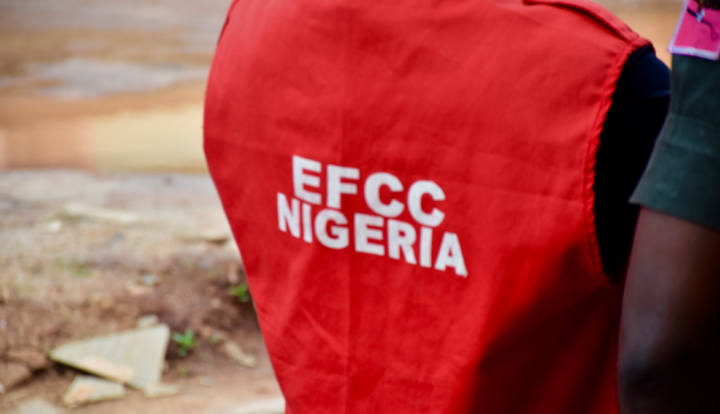
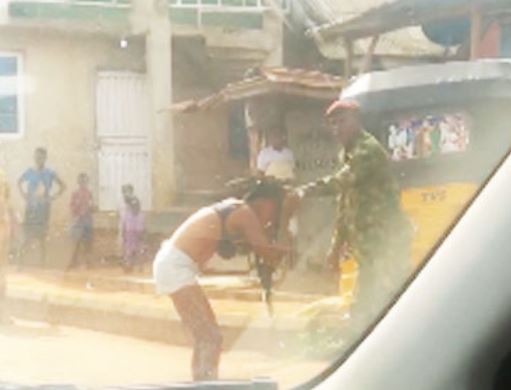
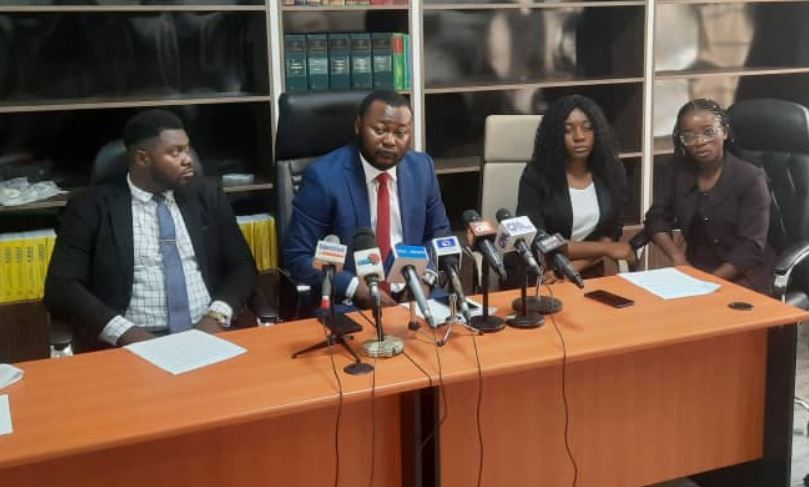

Facts all through. Thank you for this piece